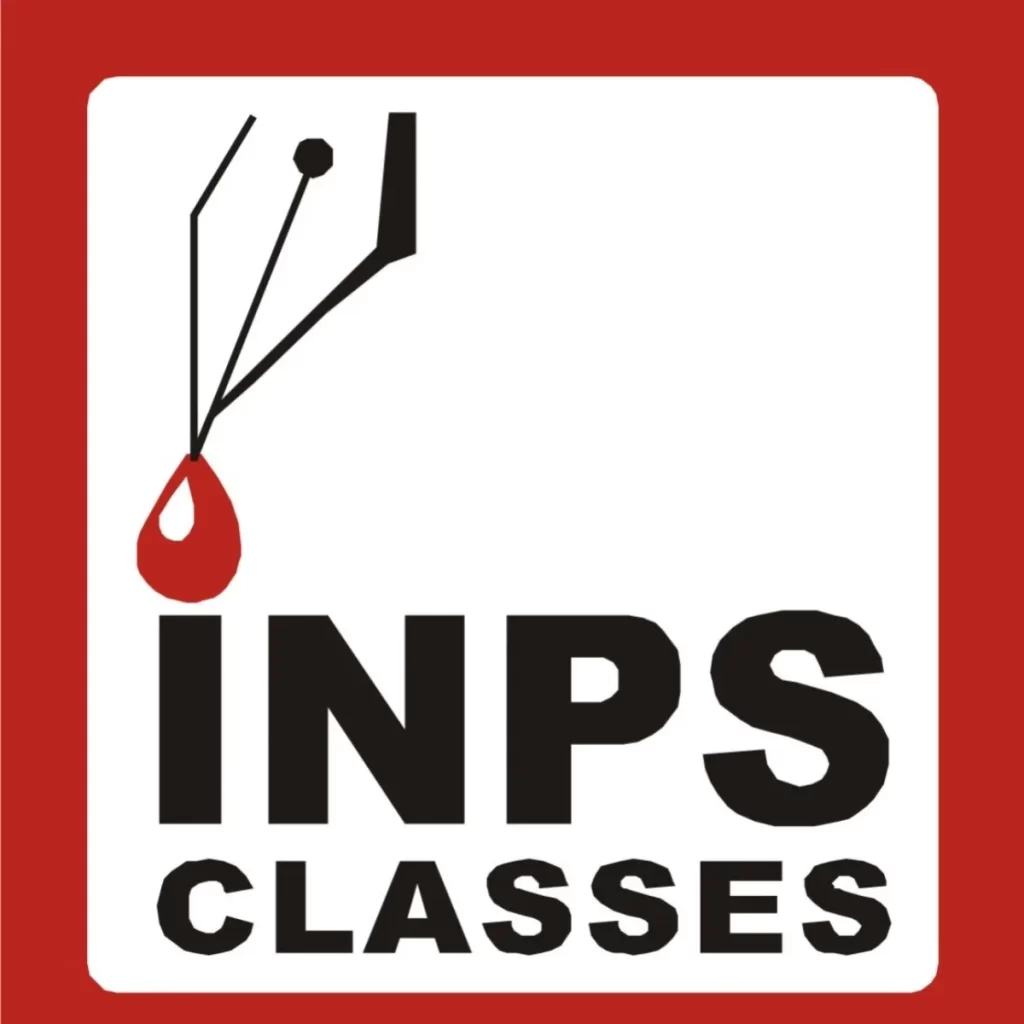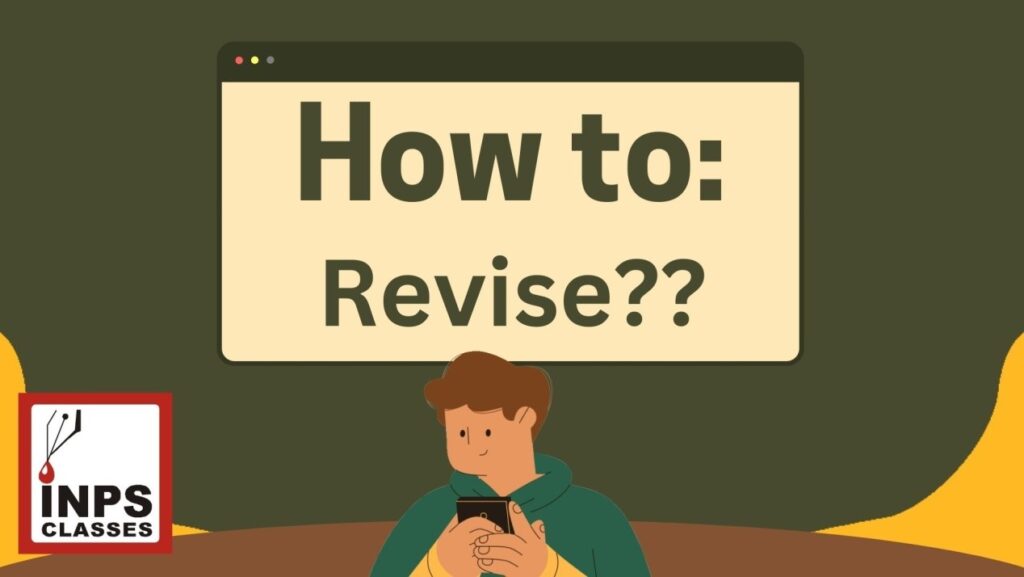Roadmap for NIMCET Preparation
Roadmap for NIMCET Preparation Introduction Dreaming of pursuing a Master of Computer Applications (MCA) at one of India’s prestigious National Institutes of Technology (NITs)? Then the National Institute of Technology Master of Computer Applications Entrance Test (NIMCET) is your gateway to achieving that dream. This highly competitive exam assesses your aptitude for computer applications and related fields. This comprehensive guide serves as your personalized roadmap to conquer the NIMCET exam. We’ll navigate you through every step of the preparation process, from understanding the exam format and syllabus to developing a winning study strategy. By following this roadmap, you’ll gain the knowledge, confidence, and time management skills necessary to excel in NIMCET and secure your seat at an NIT. But before we dive into the nitty-gritty of preparation, let’s explore the compelling reasons why pursuing an MCA through NIMCET is a phenomenal educational choice. An MCA degree equips you with in-depth knowledge of computer applications, programming languages, and software development. This translates into exciting career opportunities in various sectors like IT, software development, data science, and more. Additionally, an MCA from an NIT signifies academic excellence and opens doors to further education and research opportunities. So, are you ready to embark on the journey towards your MCA dream? Buckle up, grab your metaphorical backpack, and let’s get started on building your customized NIMCET preparation roadmap! Roadmap for NIMCET Preparation Exam Pattern and Syllabus Particulars Details Mode of Exam Online Medium of Exam English Duration 2 hrs Type of Questions Multiple Choice Questions Number Of Sections NIMCET will have 4 sections – Mathematics , Analytical Ability & Logivcal Reasoning , General English , Computer Awareness Total Number Of Questions 120 Questions Total Marks 1000 Marks Roadmap for NIMCET Preparation Subject Number Of Questions Marks Awarded Negative Marking Total Marks Mathematics 50 12 3 600 Analytical Ability and logical Reasoning 40 6 1.5 240 General English 10 4 1 40 Computer Awareness 20 6 1.5 120 Total 120 Questions 1000 Marks Syllabus Mathematics Topics Sub Topics Trigonometry General Solutions of Trigonometric Equations, Heights and Distances, Simple Identities, Solution of Triangles, Trigonometric Equations – Properties of Triangles Calculus Applications of definite integrals to areas, Continuous function, Definite integrals, Differentiation of function, Integration of functions by parts, by substitution and by partial fraction Limit of functions, Simple examples of maxima and minima, Tangents and normal Vectors Addition and subtraction of vectors Position Vector, Scalar and vector products and their applications to simple geometrical problems and mechanics Algebra Arithmetic, Determinants and matrices, Expansions, Factorization, Fundamental operations in algebra, Geometric and harmonic progressions, Indices, Logarithms, Simultaneous linear /quadratic equations Set Theory Concept of sets – Union, Intersection, Cardinality, Elementary counting Permutations and combinations Coordinate Geometry Distance formulae, Ellipse, Equation of a line, Equations of a circle, Hyperbola, Intersection of lines, Pair of straight lines, Parabola, Rectangular Cartesian coordinates Probability and Statistics Averages, Basic concepts of probability theory, Dependent and independent events, Dispersions, Frequency distributions, Measures of central tendencies Roadmap for NIMCET Preparation Computer Awareness Chapters Topics Data Representation Binary and hexadecimal representations, Binary arithmetic: addition, subtraction, multiplication, division, Boolean algebra, Floating-point representation of numbers Integers and fractions, Representation of characters Simple arithmetic and two’s complement arithmetic, Truth tables, Venn diagrams Computer Basics Organization of a computer, Central Processing Unit (CPU), structure of instructions in CPU, input/output devices, computer memory, and back-up devices. Logical Ability and Reasoning The questions in this section will cover logical situations and questions based on the facts given in the passage. General English Questions in this section will be designed to test the candidates’ general understanding of the English language. There will be questions on the following topics – Comprehension, vocabulary, Basic English Grammar (like usage of correct forms of verbs, prepositions and articles), word power, synonyms and antonyms, the meaning of words and phrases, technical writing. Roadmap for NIMCET Preparation Getting Started with your preparation 1. Craft a Personalized Study Schedule: Know Yourself, Know Your Syllabus: Begin by thoroughly reviewing the NIMCET syllabus (covered in the previous section). Analyze Strengths and Weaknesses: Evaluate your current knowledge level in each section. Are you a math whiz struggling with logical reasoning? Or a grammar guru facing challenges with computer concepts? Identifying your strengths and weaknesses will help you allocate study time strategically. Time Management is Key: Create a realistic study schedule that factors in the weightage of each section and your personal learning pace. Aim for a balance, dedicating sufficient time to mastering weaker areas while reinforcing your strengths. Consistency is King: Schedule regular study sessions and stick to them as much as possible. Consistency is crucial for retaining information and building momentum. 2. Gather the Right Ammunition: Textbooks and Reference Materials: Invest in high-quality textbooks and reference materials that align with the NIMCET syllabus. NCERT books for mathematics up to Class 12 can be a good foundation. Explore reference books catering specifically to NIMCET preparation for in-depth explanations and practice questions. Embrace Online Resources: The internet is a treasure trove of NIMCET preparation resources. Utilize online platforms offering mock tests, video lectures, and previous year question papers. 3. Building a Strong Foundation: Focus on Fundamentals: Before diving into complex topics, ensure you have a solid grasp of the foundational concepts in each section. This will make learning advanced topics smoother. Practice Makes Progress: Don’t just passively read – actively engage with the material. Solve practice problems from your textbooks, reference materials, and online resources. Regularly assess your progress and identify areas that require further practice. 4. Consider Coaching Assistance Joining a coaching institute can be a valuable addition to your preparation strategy, especially if: You Need Structure and Guidance: Coaching institutes provide a structured learning environment with a defined curriculum and experienced faculty. This can be beneficial for students who thrive with clear direction and regular feedback. Your Fundamentals Are Weak: If you find yourself struggling with core concepts in any section, coaching classes can offer personalized attention and targeted instruction to strengthen your foundation. You Want to Sharpen Your Test-Taking Skills:




